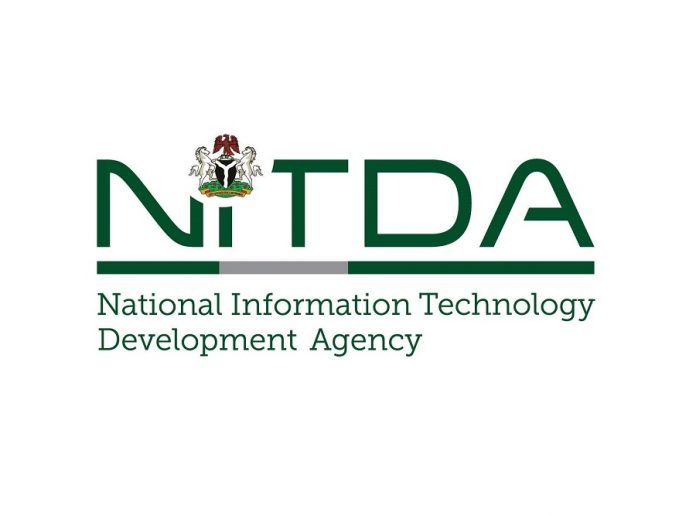The Necessity of NITDA Amendments for Digital Economy By Fom Gyem
TECHDIGEST – A complete misunderstanding of the NITDA 2021 bill has unnecessarily stirred controversy in the tech media and sparked panic in the industry leading to a series of obviously malicious media warfare.
The proposed bill, which is expected to repeal the NITDA Act 2007, aims to establish a regulatory framework for the growth of Nigeria’s IT sector and digital economy and nothing more, but this intention to legally position NITDA to tap into a potential $12trillion dollar global market share has come under baseless attacks by enemies of progress and pioneers of selfish interest who wants to limit the potentials to telecoms purported $70bn market share.
To understand the bill, one must put the country’s interests before personal gain; otherwise, one would be oblivious to its benefits now and in the future.The proposed bill is in favour of the Nigeria tech space and not the ‘leaders of regulatory agencies’.
The bill in simple terms is to construct an efficient, unbiased, and independent regulatory regime in order to establish a regulatory framework for the growth of the Nigerian information technology sector and the digital economy.
It is not just oriented on the promotion and execution of laws that encourage access to digital services, investments in the market, and native content. The adoption of cutting-edge technology, innovation, and preserving citizens’ rights and the nation’s interests are also included in the goals of the draft bill.
With significant expansion and convergence in the technological platforms used by businesses and governments to deliver services, the purview of ICT has increased over time. I believe it is essential to maintain the NITDA Act current with the state of the Nigerian digital economy given that it is over 16 years old, we can’t keep using the same act that was used to regulate NITDA in 2007 at this rapidly evolving age and time.
READ ALSO: NITDA Bill and Entrenchment of Cyber-Security
Technology is all about looking far beyond the immediate future. In the tech space it is believed that the present is the past. For a better and working digital Nigeria, the National Assembly’s lawmakers should not be misled by the clamour of those who are more concerned with their own interests than with the nation’s digital economy.
The key objective of the Bill is to monitor and licence information technology (IT) and digital economy services in Nigeria. The Bill includes positive provisions that aim to improve the digital economy and regulate the information technology (IT) sector for the advancement and general good of the country, as well as to bring it up to speed with the rest of the technologically advanced nations.
NITDA has continually worked to connect its goals with those of stakeholders in the government, businesses that are driven by innovation, consumers of innovation, tech startups, investors, organisations that fund academic research, civil society groups, and others.
NITDA is a regulatory body that cannot be altered. Additionally, you must grant a very flexible and adaptable regulator in the IT sector. Because of this, NITDA governs through releasing rules.
For those suggesting that NITDA’s role in the entire ICT sector be restricted, I take it to indicate that they are either out of touch with reality or are deliberate about truncating Nigeria’s economic progress. The ICT sector is evolving at an accelerated pace and NITDA as the National Technology body must be well positioned legally to tap into its $12trn global potential otherwise the nation will lose it altogether, that’s the implication! In other words, without a legal framework, it is easy to stop NITDA on track when they attempt to tap into this huge potentials and that is what the opponents of the bill seem to be out to achieve. This is the crux of the matter and Nigerian legislature must be wary.
As ICT evolves globally, yielding enormous benefits in terms of National Economic Growth and development, excellent best practice on global scale demands that the Nation’s technology body albeit NITDA must evolve in equal measure in terms of capacity and legal framework otherwise the sector will be ruined like all other Nigerian sector thereby ruining all the hard work put into bringing it to where it currently is with Nigerians being at the receiving end.
I’m not advocating that NITDA be granted authority to begin overseeing institutions like the NCC or the Central Bank of Nigeria (CBN), among others. However, within that broad policy perspective, there needs to be direction, and I believe that by the time we’re done working with NITDA and other specialists, the final result won’t be all that divisive.
Fom Gyem, an author is a member of the Network of Advocates for Digital Reporting (NADIR) writes from Abuja
















